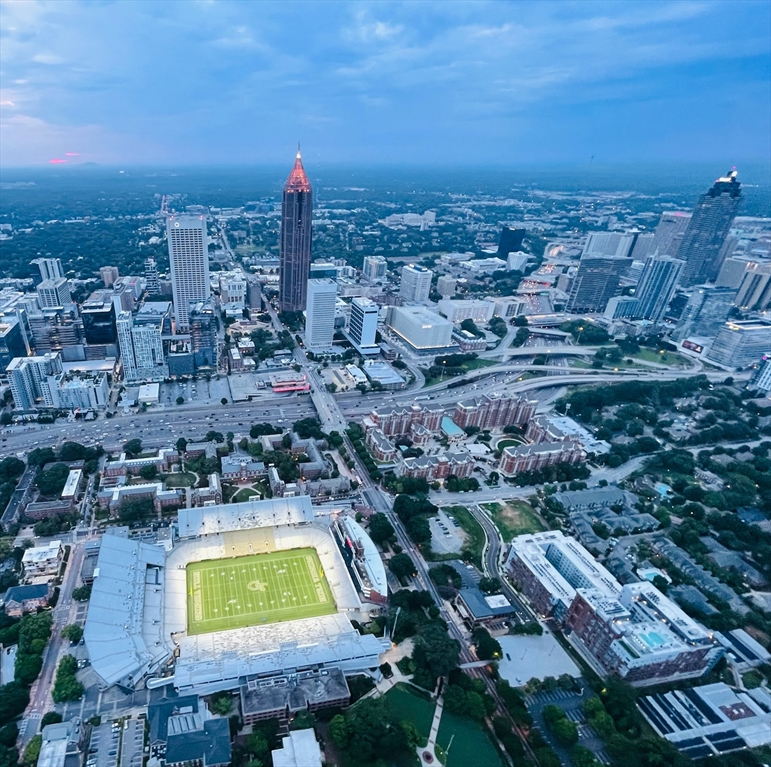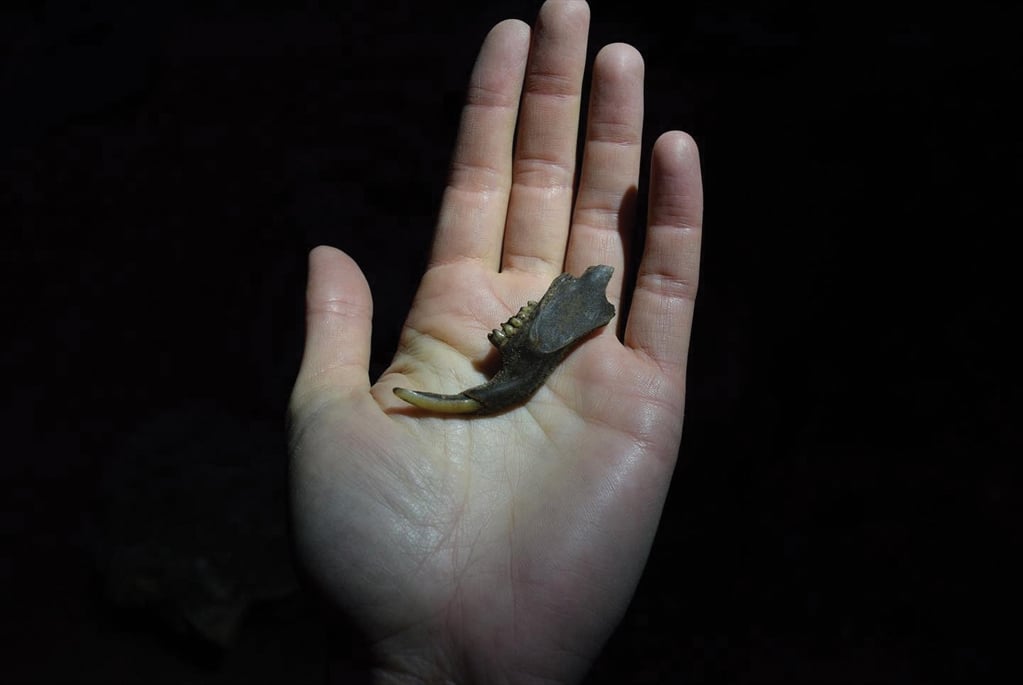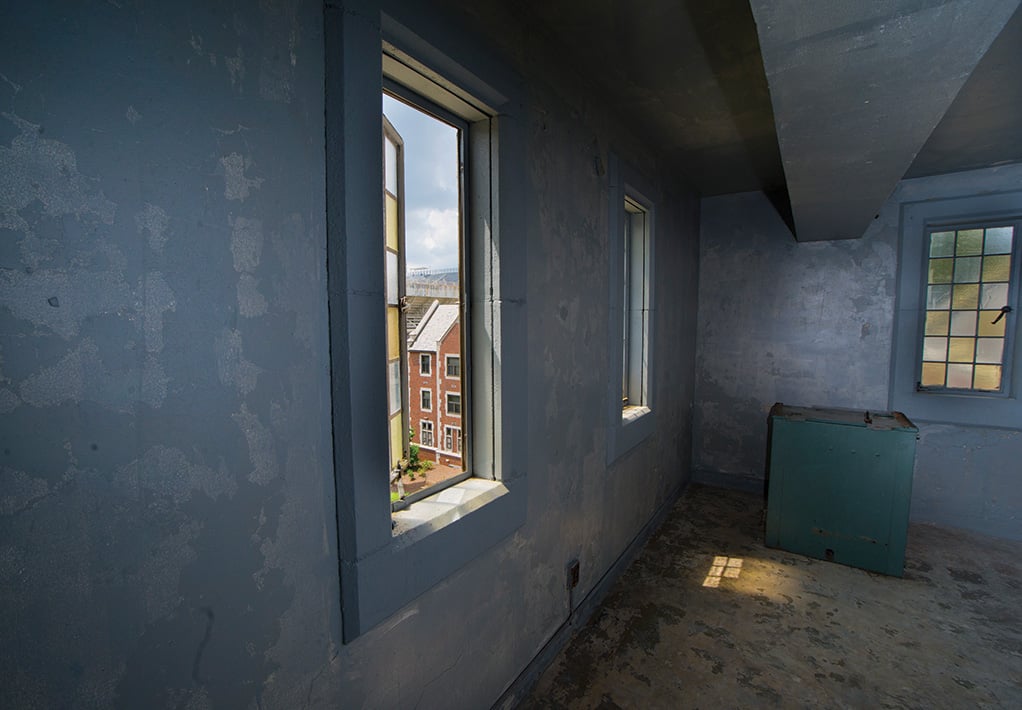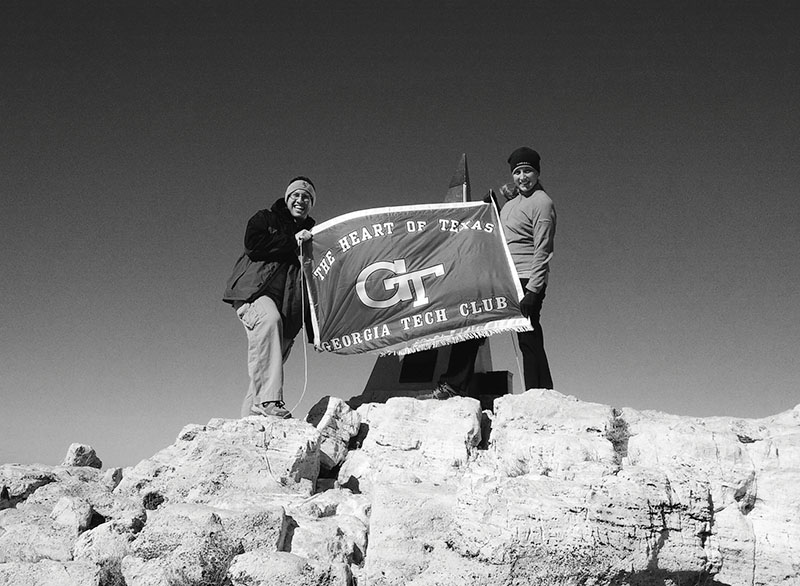How to Put On an International Sporting Event
By: Tony Rehagan | Categories: Alumni Association News

We see it on our screens every time a national or international sporting event comes to Atlanta: As the program cuts to or from commercial, there's swirling aerial cutaway footage of downtown. The petal-roof of Mercedes-Benz Stadium. Centennial Olympic Park and the Skyview Ferris wheel. Bank of America Plaza. And just across the buzzing Downtown Connector, the glowing gem of Bobby Dodd Stadium, lights on, drawing your eye to the brick, steel, and glass campus of Georgia Tech.
It makes for a pretty picture. But the truth is that anytime Atlanta hosts a major happening, whether it’s the Super Bowl, the Olympics, or the recently announced 2026 FIFA World Cup, Georgia Tech is much more than a landmark in the backdrop. Behind the scenes, Tech’s students, faculty, and facilities are often an integral part of the festivities. And while it’s too early to know for certain what Tech’s role might be in facilitating the World Cup, alumni who have helped the city put on big events in the past say there will be plenty of chances for Yellow Jackets to get involved. “It’s going to be right in Tech’s backyard,” says Lee Hendrickson, MBA 19, head of corporate volunteerism for The Home Depot and vice president of community engagement and volunteer programs for the Atlanta Super Bowl 53 Host Committee. “For Tech, there’s an opportunity to reconnect with and be proud of our city.”
For starters, the presence of Tech itself downtown can be a key element in attracting a sprawling sporting event or tournament. Visiting athletes need places to train, work out, meet, and practice, and urban campuses have plenty of gyms, auditoriums, training facilities, fields, courts, and pools a short shuttle ride from downtown hotels. When it comes to soccer, Tech has specific experience, having hosted the MLS Atlanta United before construction on their permanent home of Mercedes-Benz Stadium was complete. “The infrastructure is there, and the United and the fans all talked about what a great experience it was,” says Clint Padgett, EE 95, adjunct professor in the Scheller College of Business, who worked with Coca-Cola in their role in previous FIFA events and was part of the planning team for the 1996 Atlanta Olympics. Tech also hosted the Súper Clásico, a major rivalry between two Mexican soccer clubs in September at Bobby Dodd Stadium. “We have a recent history of being able to do this—Tech can have a role to play,” Padgett says.
Putting together any major community undertaking, be it a championship game, a festival, or a concert, typically starts with a ready workforce. The 1996 Olympics required 50,000 local volunteers, while the Super Bowl selected more than 10,000. With proximity to the neighborhood and public transit, plus students’ flexible schedules and eagerness to throw themselves into new things, Yellow Jackets make ideal volunteers.
And jobs aren’t all just menial tasks—Hendrickson says there’s a real chance to build a resumé. “It’s not just a ‘show up and wear a smile’ service project,” she says. “The students we interview for volunteer positions take on real responsibility and manage a group of peers. It’s a great learning experience to come into something so large-scale and showcase their leadership skills and a great opportunity to build those skills in a really fun way.”
Hendrickson says there’s also a huge community engagement component to any event like this. Whenever the world comes to Atlanta, the planning committees work with local businesses and nonprofits to showcase the city’s diversity. Georgia Tech students, faculty, and alumni have working relationships with these organizations and can help make those connections. Furthermore, for a worldwide event like the World Cup, Tech also has the built-in multinational student body and faculty to engage at a global level. “Given our international diversity and global collaborative perspective, that’s an area where we shine,” says Hendrickson.
“Tech has a special role in being a part of Atlanta’s past and continuing to shape its future. It’s going to be a critical part of these hosting opportunities, and it helps us win bids and be successful in showcasing our city.”


